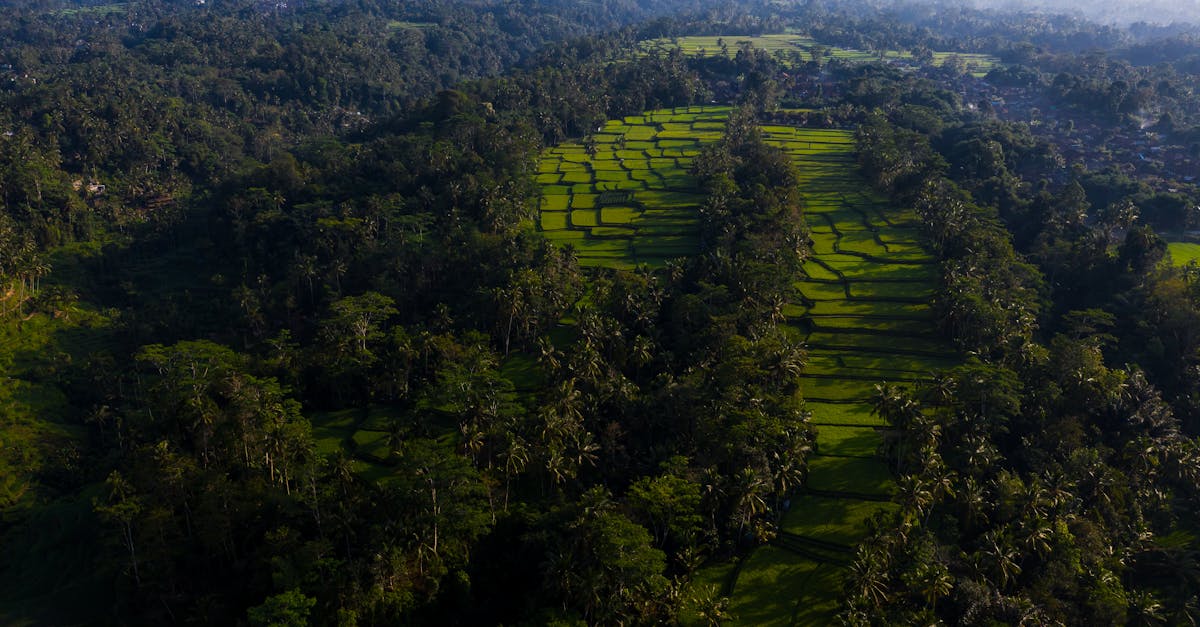The aftermath of the Kunia brushfires has left a trail of destruction across local farms, with immediate and long-term implications for Hawaii's agricultural sector. "This is all that’s left of the drip line here that can cost thousands of dollars to replace across 15 acres—and all of these crops could take years to regrow," said Tiffany Tubon, Kō Hana’s brand manager, highlighting the extent of the damage, as reported by KHON2. The fires have destroyed critical irrigation systems and jeopardized crops, placing a strain on already challenging farming operations.
The impact of these fires extends beyond immediate crop losses. The cost of replacing infrastructure, such as the drip lines mentioned by Tubon, can be a significant financial burden for farmers. Moreover, the time required to replant and regrow crops represents a prolonged period of lost revenue and economic instability for affected agricultural businesses. This situation underscores the vulnerability of Hawaii's agricultural sector to environmental disasters and the need for resilient farming practices.
Community support is vital during these times. According to a study from the University of Hawaii, community involvement is crucial for the success of small farms, which often serve as the backbone of local food systems. The collaborative effort demonstrates the interconnectedness of Hawaii’s economy, where the success of one sector is tied to the resilience of others.
The fires also highlight the broader issue of agricultural sustainability in a changing climate. As WFMZ.com reports, scientists are seeking more funding to develop more resilient crops. Initiatives such as those supported by Project Kanu aid in creating more sustainable agriculture. These efforts are essential for protecting the agriculture sector. The recent events in Kunia serve as a crucial reminder of the importance of supporting local farmers and promoting sustainable agricultural practices, which are essential to the long-term economic well-being of Hawaii.



